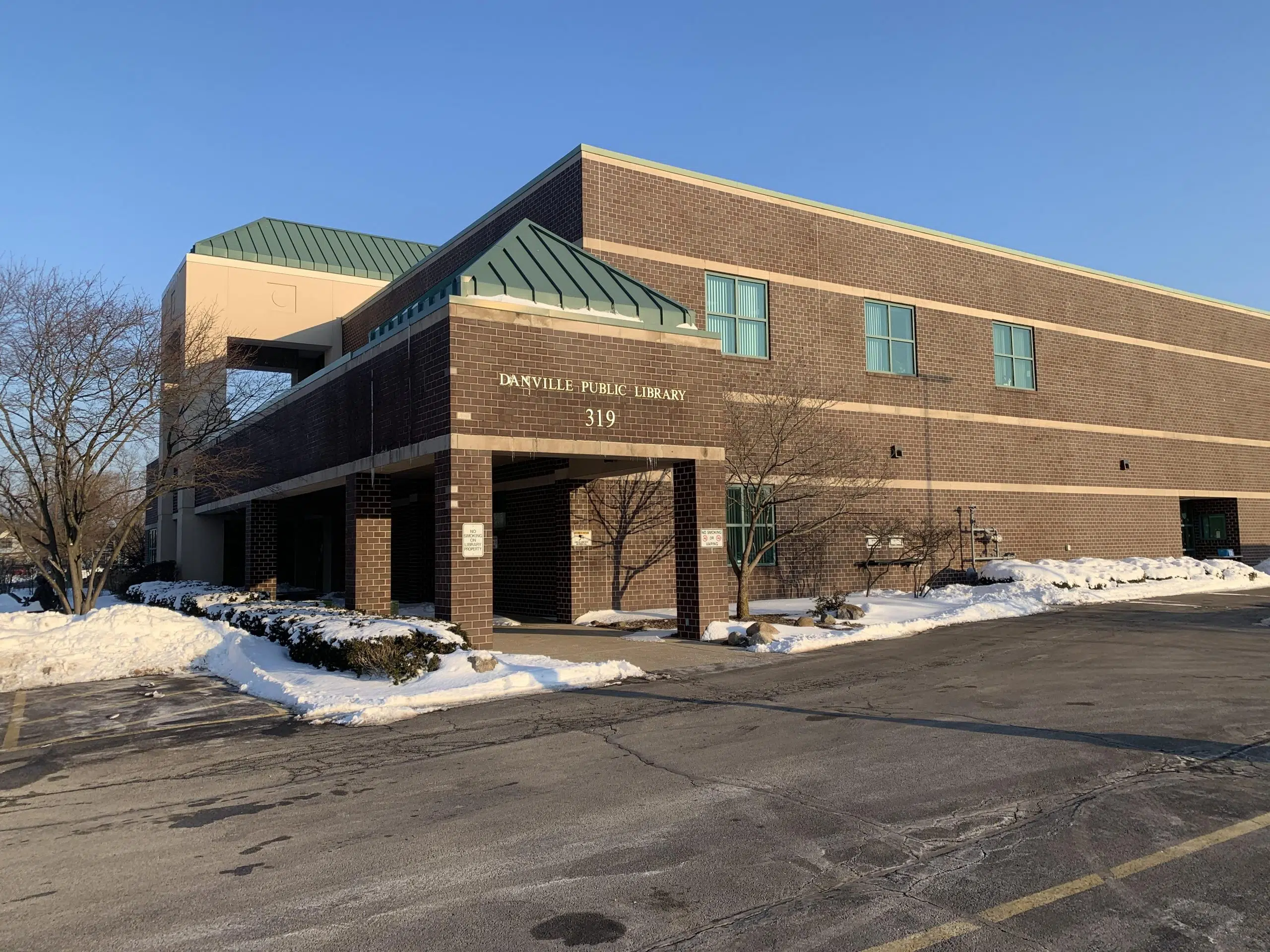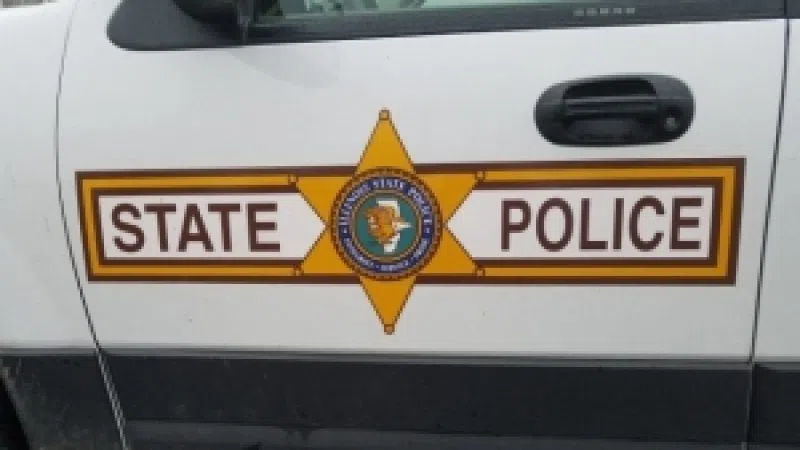It was 54 years ago today — May 29th, 1969 — that the self-titled debut album by Crosby, Stills, & Nash was released. The supergroup, which formed the previous year, capped the decade and provided the blueprint for the 1970's laid back Laurel Canyon – Southern California sound, featuring David Crosby from the Byrds, Stephen Stills from the Buffalo Springfield, and Graham Nash from the Hollies. Stills' Springfield bandmate Neil Young did not appear on the album, but was on board as a full member by the time the group began performing live the following August.
Although the Crosby, Stills, & Nash album has never been far off FM radio over the decades and made instant superstars of the trio, the album only got as high as Number Six on the Billboard 200 albums chart and neither of the two singles pulled from the set cracked the Top 20 — with Nash's "Marrakesh Express" stalling at Number 28 and Stills' "Suite: Judy Blue Eyes" peaking at Number 21. All told, Crosby, Stills, & Nash spent 16 weeks in the Top 10 of the Billboard 200.
Stephen Stills played the majority of the instruments on the album and served as the set's de-facto producer, although all three members were credited as co-producing the album, with Bill Halverson engineering at L.A.'s Wally Heider Studios. Dallas Taylor handled drums on the album, with future Derek & The Dominos member Jim Gordon sitting in for the "Marrakesh Express" session.
To date, Crosby, Stills, & Nash has sold over four million copies in the U.S. alone. The album earned the trio the 1970 Grammy Award for Best New Artist of 1969.
Over the course of the years, key tracks off the albums — aside from the singles — have remained staples on FM radio, including Crosby's "Long Time Gone," and "Guinnevere"; Nash's "Pre-Road Downs" — featuring "Mama" Cass Elliott on backing vocals; Stills' "Helplessly Hoping," and "Wooden Ships" — his co-write with Crosby and Jefferson Airplane guitarist Paul Kantner.
The tracklisting to Crosby, Stills, & Nash is: "Suite: Judy Blue Eyes," "Marrakesh Express," "Guinnevere," "You Don't Have To Cry," "Pre-Road Downs," "Wooden Ships," "Lady Of The Island," "Helplessly Hoping," "Long Time Gone," and "49 Bye-Byes."
The late-David Crosby told us the original sense of brotherhood he shared with Stephen Stills and Graham Nash is evidenced by how they sang together: ["There's a kinship there, and you can hear it in how we work with each other, what we do with our voices. It's sort of like aerobatic stunt flyers flying formation, and doing stunts together — kinda tricky stuff. It's just a bond, a natural bond."] SOUNDCUE (:14 OC: . . . a natural bond)
Graham Nash told us that since first singing together in 1968, the quality of Crosby, Stills, & Nash's harmonies remain unique to them: ["We have no claim on any of the notes that we sing — anyone can sing the same notes that we sing; but they can't sound like me and David and Stephen when we sing together. The way our voices move the air before it gets into the microphone is unique. Nobody sounds like us. Nobody."] SOUNDCUE (:15 OC: . . . like us nobody)
David Crosby told us that being a singer-songwriter has allowed him a unique connection to the human race. He told us about the best part of doing what he does: ["People come up to me and say, 'Jeez, I don't wanna disturb you, but we conceived our first child to that song, and it means so much to me'. . . 'The reason I bought a sailboat is because 'Wooden Ships' transported me'. . . 'I don't wanna bug you, but, y'know, if I didn't have that first Crosby, Stills, & Nash record to listen to when I was in the 'Nam — I wouldn't have made it back. It kept my spirits up. Times when nothing else did.' Well (laughs), you gotta live on that stuff, man. That really makes you feel like you have a purpose. There are times when it comes back to you the most astoundingly rewarding ways. And that's probably it, when you know you've touched somebody's life. Or expressed something that really meant something to them."] SOUNDCUE (:40 OC: . . . something to them)
Graham Nash told us that unlike other harmony groups, he, David Crosby, and Stephen Stills were never locked into their respective ranges — and at times bounced between tenor and baritone within the same song: ["No, we very often change. 'Suite: Judy Blue Eyes,' for instance, we change two or three times. In the middle section, that's Stephen on the very high part and on the other verses it's me on the high part. It depends on what the song calls for."] SOUNDCUE (:13 OC: . . . song calls for)
Stephen Stills, who's been writing his autobiography for over a decade, promises his take on many Crosby, Stills, Nash & Young milestones and we asked him if he would once again address the biggest mystery of them all: ["Yeah, the whole thing about where we first sang together. I mean, Graham has a very charming memory of it. It's unfortunate that he was so completely head over heels in love that he got exactly where it took place. . . that's the second time we sang (together) was at Joni's house. I would never have sung in front of Joni Mitchell; she was so beautiful and ethereal, she had me paralyzed, I couldn't possibly picked up a guitar. I know myself, I'm too shy. So, I know where it happened and I have my own version."] SOUNDCUE (:29 OC: . . . my own version)












